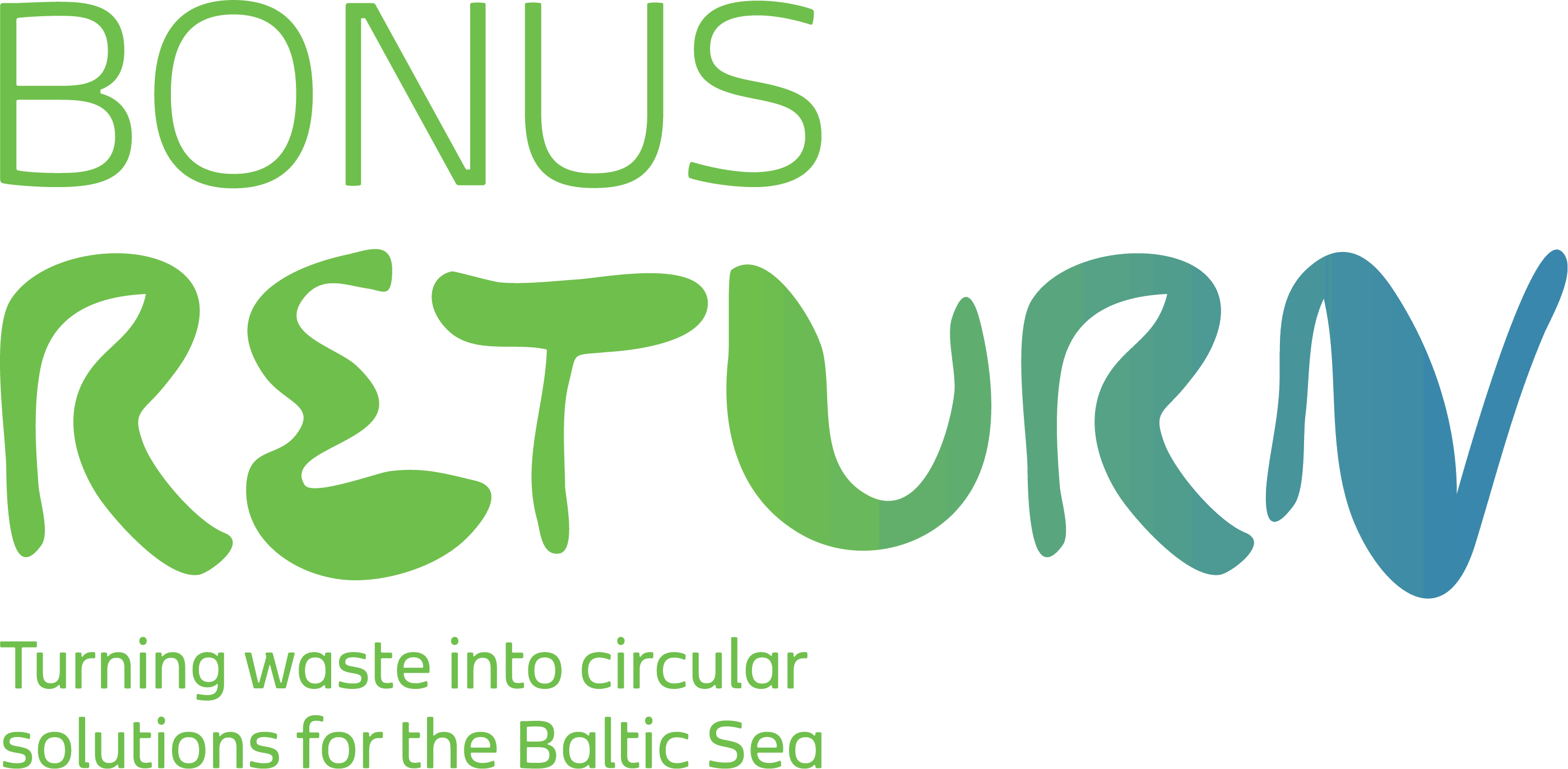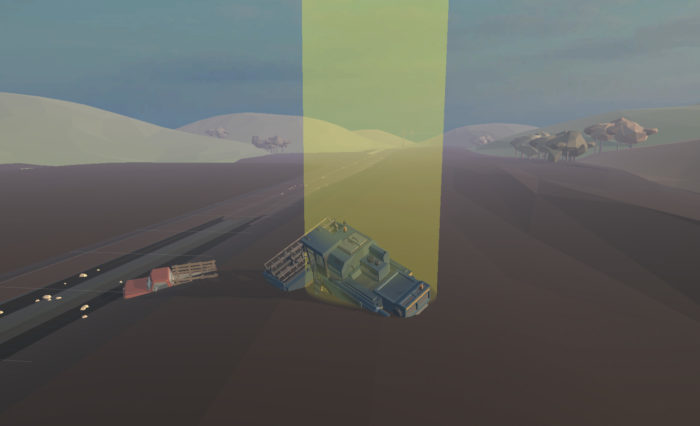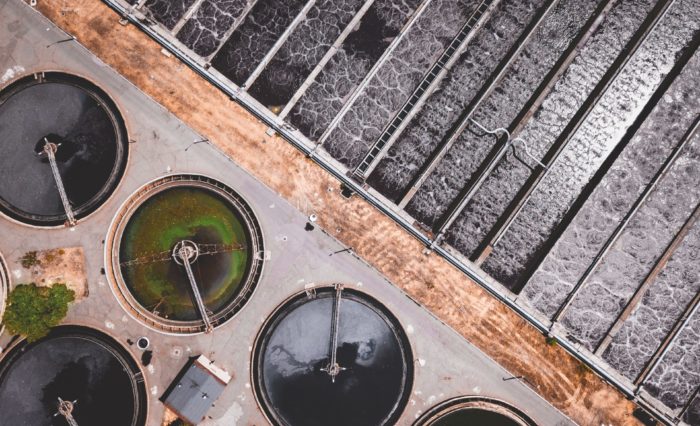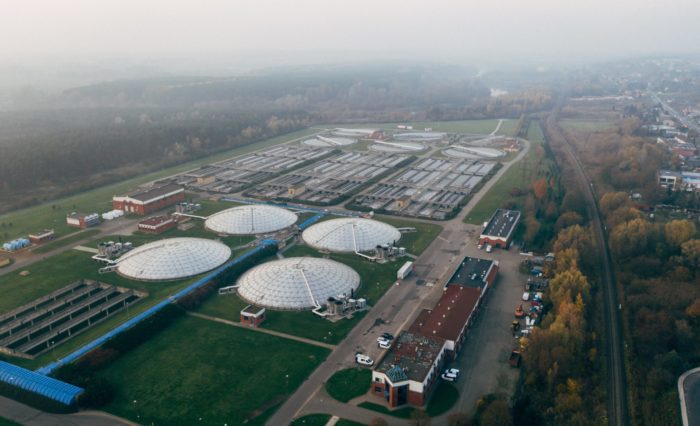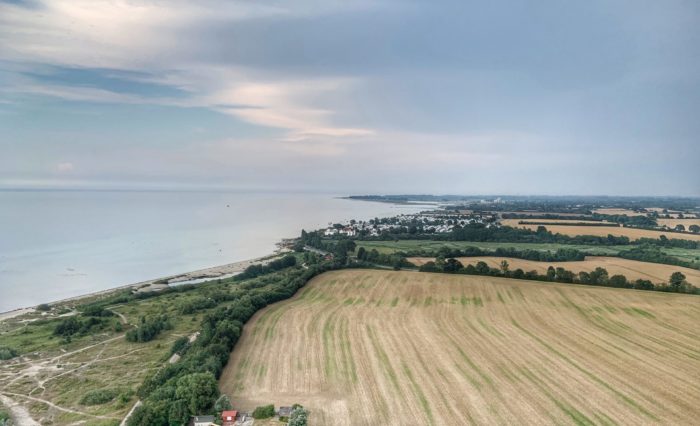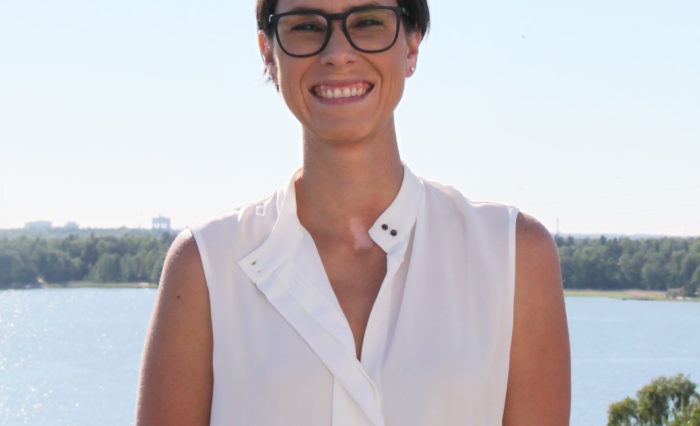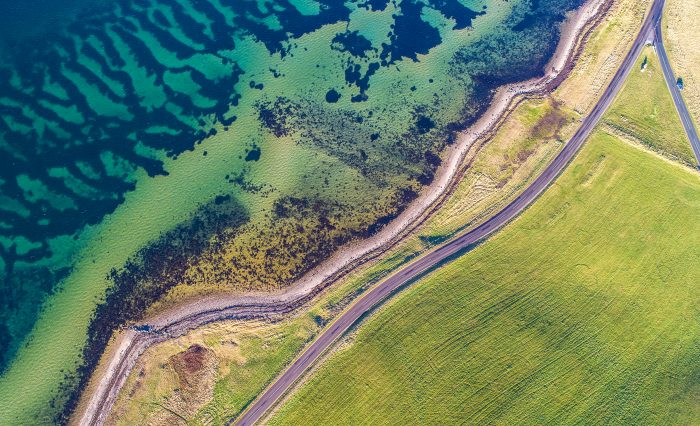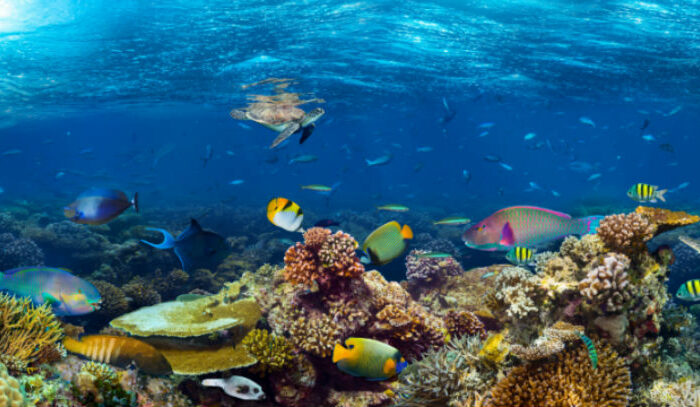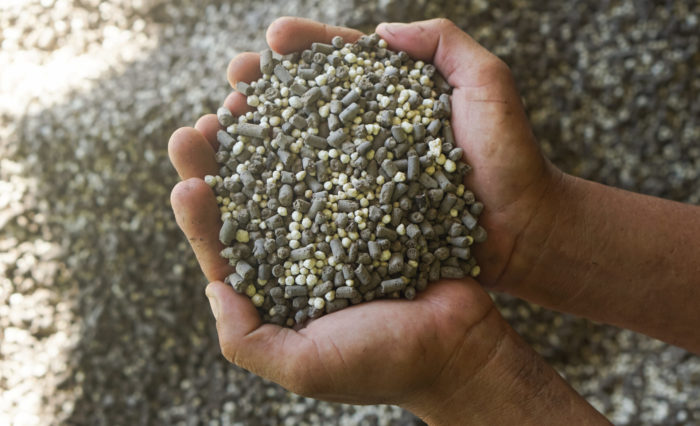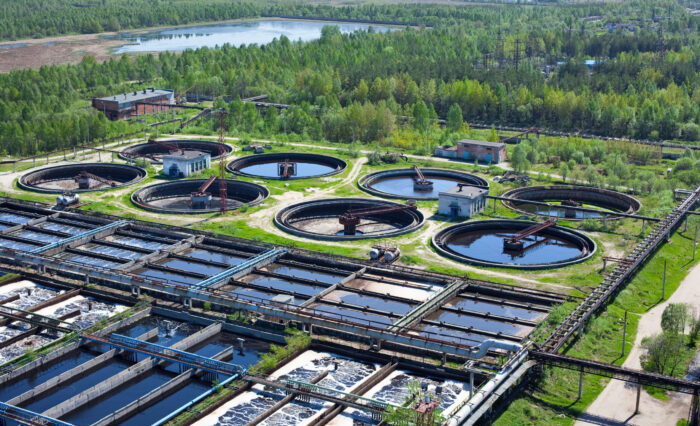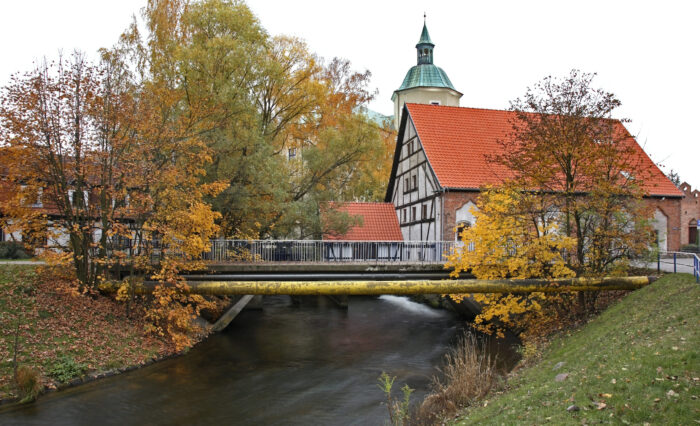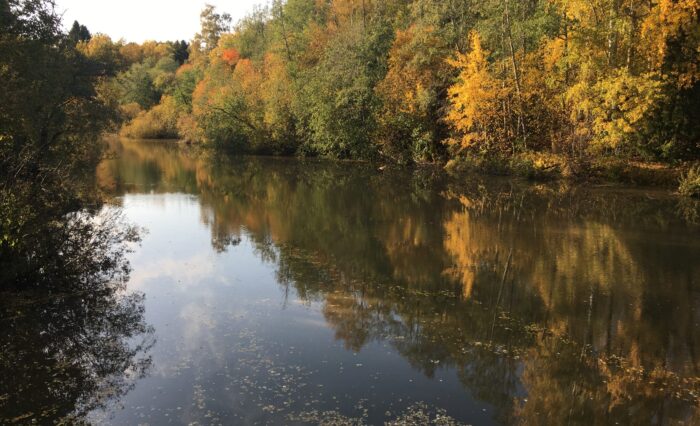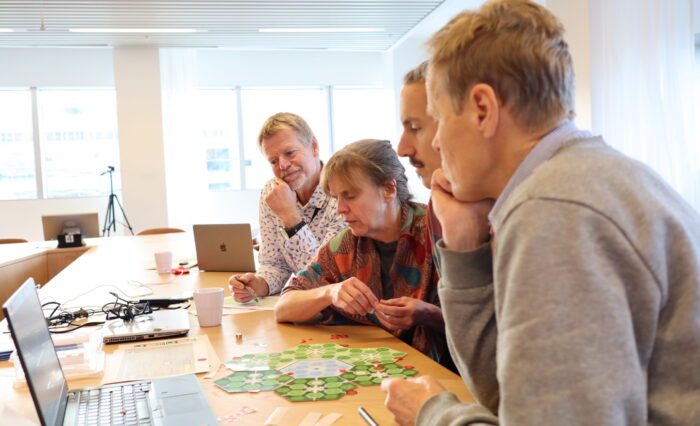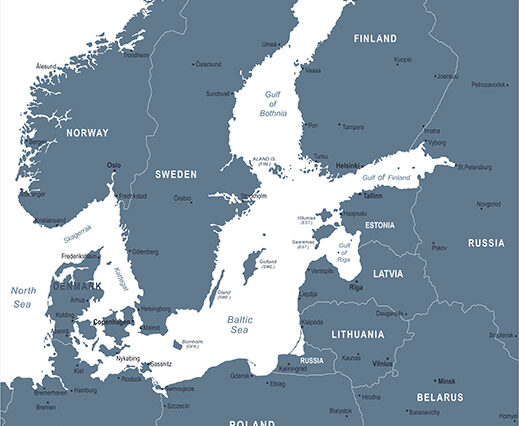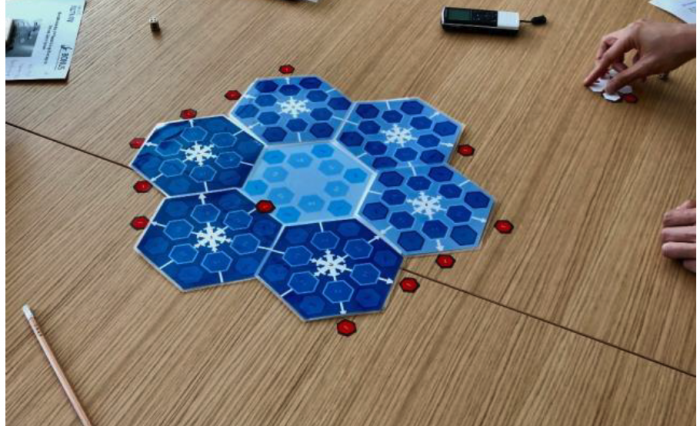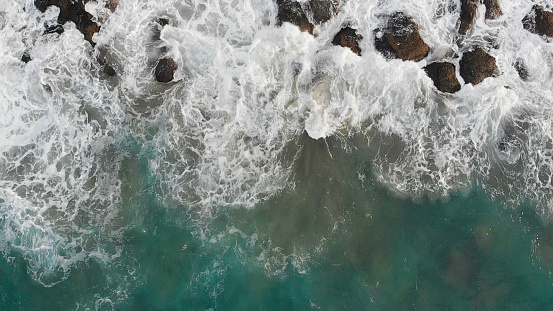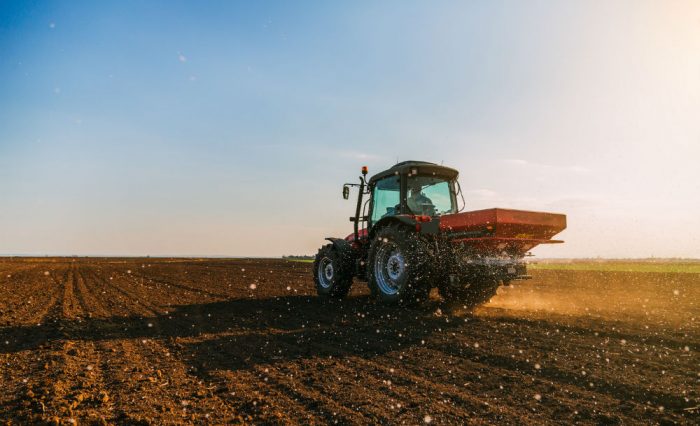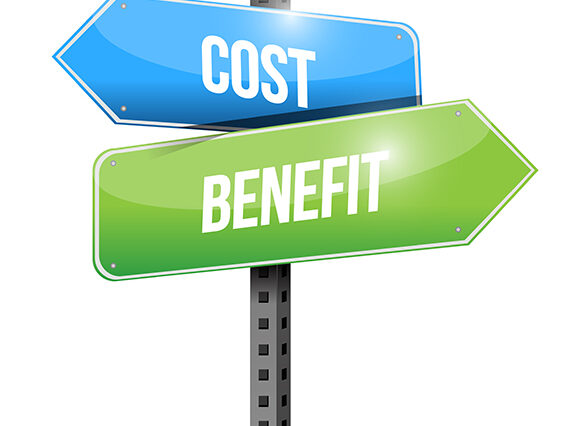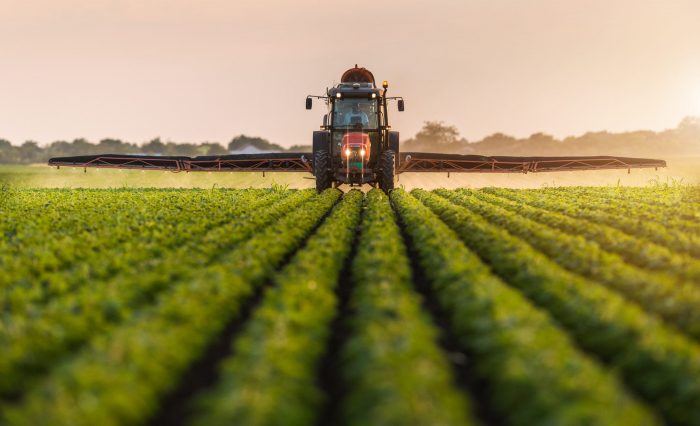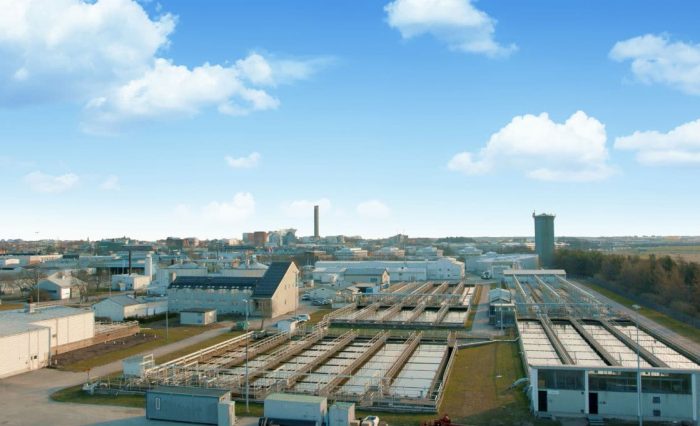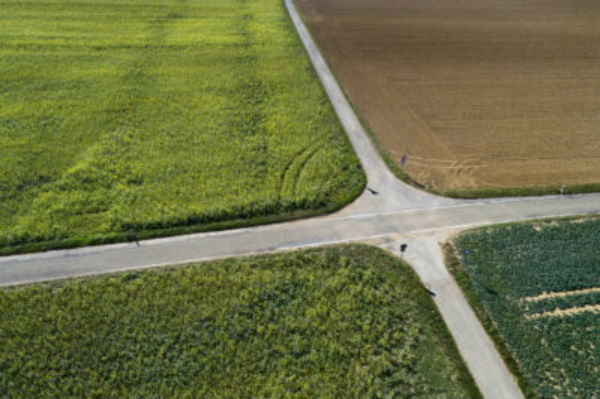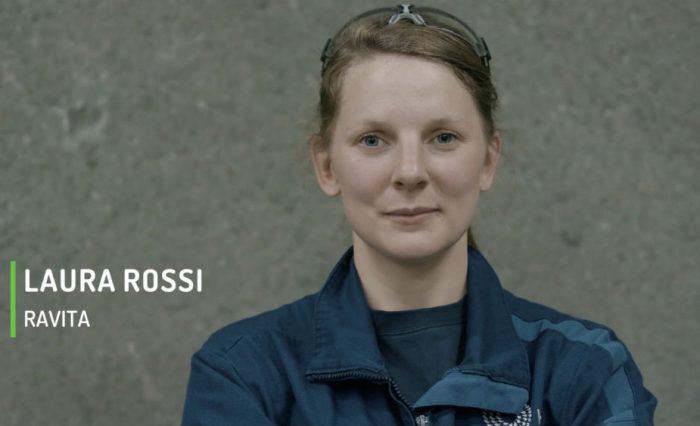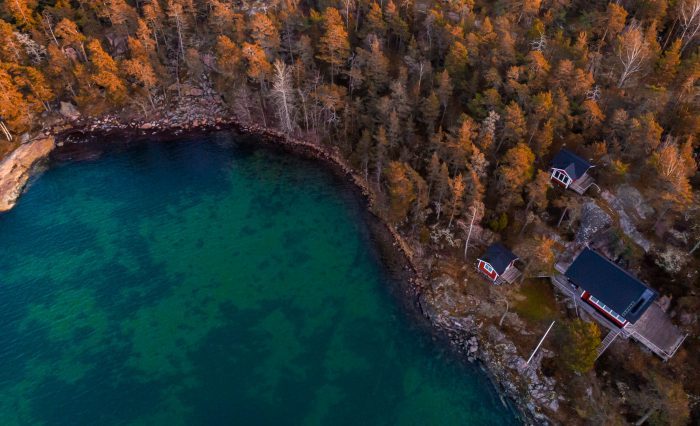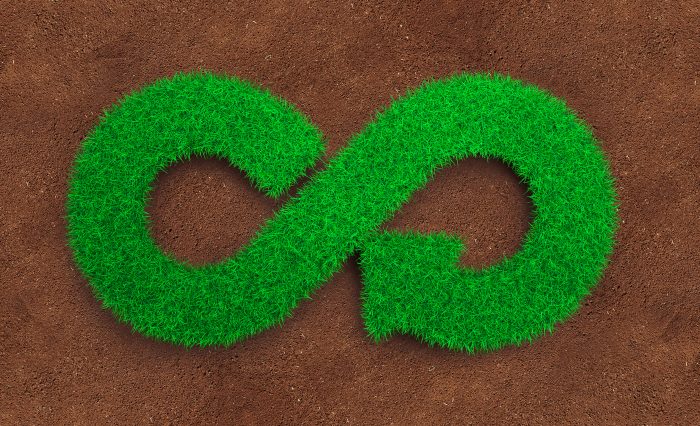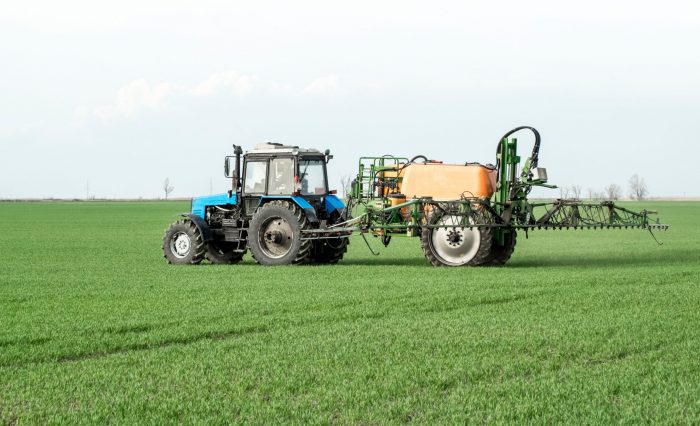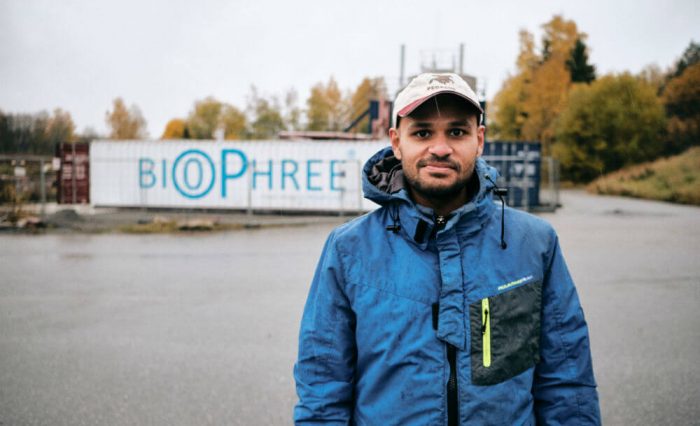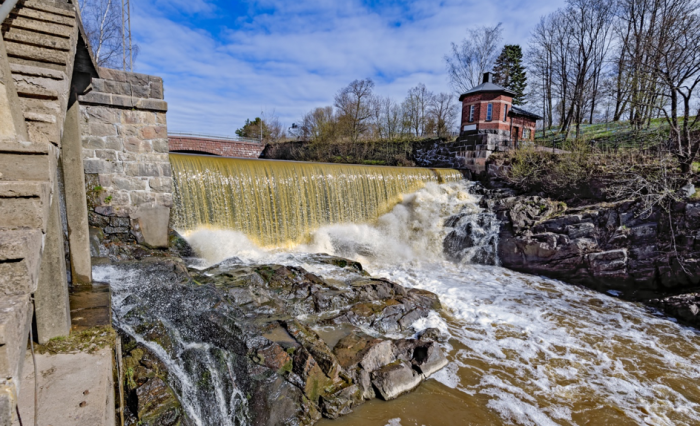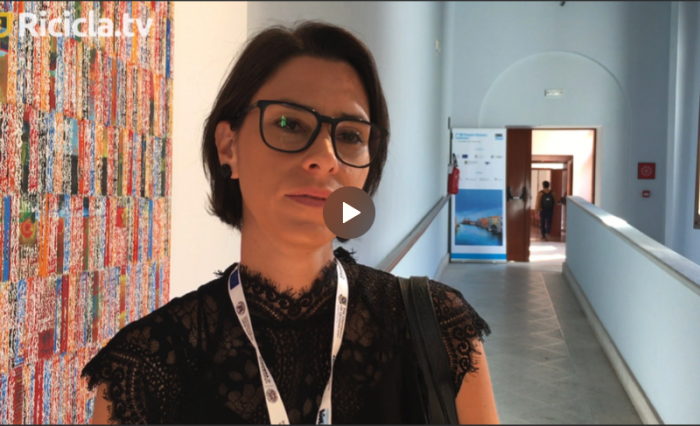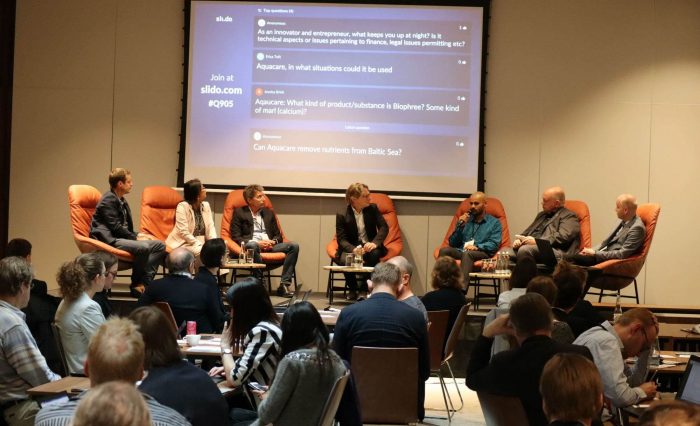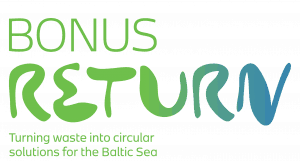Recycling nutrients and reducing carbon emissions in the Baltic Sea Region—Sustainable or economically infeasible?
This study investigates the sustainability of ecotechnologies for recovering carbon and nutrients, and how a so-called “bottom-up” approach can influence decision-making.
Rethinking Decision Support Under Conditions of Irreducible Uncertainty: Co-Designing a Serious Game to Navigate Baltic Sea Nutrient Enrichment
This publication reports on the potential of game co-design as a systemic practice to improve the situation of Baltic Sea nutrient enrichment.
Sustainability assessment of technologies for resource recovery in two Baltic Sea Region case-studies using multi-criteria analysis
This study presents a sustainability assessment of technical systems for recovering nutrients and carbon from domestic wastewater.
Resources and Risks: Perceptions on the Application of Sewage Sludge on Agricultural Land in Sweden, a Case Study
This study highlights factors influencing judgment and decision-making regarding sludge and its use as fertilizer in agriculture in Sweden.
Final Report: Results, Conclusions and Recommendations
BONUS RETURN explored the reduction of emissions to the Baltic Sea from agriculture and wastewater by turning nutrients and carbon into benefits.
Lessons learned from the Baltic Sea
Karina Barquet reflects on lessons learned through her work addressing issues confronting the Baltic Sea region in the BONUS RETURN project.
Circular nutrient solutions for agriculture and wastewater – a review of technologies and practices
This paper highlights approaches for transforming towards a more circular nutrient economy with relevance to SDGs 6 and 14.
Mission Blue – Exploring Circular Interventions in the Baltic Sea Region
This report summarizes results from a workshop designed to develop five circular interventions to address eutrophication in the Baltic Sea.
Effectiveness of struvite precipitation and ammonia stripping for recovery of phosphorus and nitrogen from anaerobic digestate: a systematic review
A regular supply of nitrogen and phosphorus to agriculture is needed for global food security, and nutrient recycling necessary for increased rural–urban sustainability.
What evidence exists on ecotechnologies for recycling carbon and nutrients from domestic wastewater? A systematic map
The aim of this paper is to collate evidence on ecotechnologies intended for use in the wastewater sector globally to facilitate the recovery or reuse of carbon and/or nutrients.
How effective are River Basin Management Plans in reaching the nutrient load reduction targets?
This study applied the Soil & Water Assessment Tool (SWAT) in three catchments flowing to the Baltic Sea to simulate the effectiveness of nutrient control measures.
Decision Support Toolbox
This toolbox for stakeholders supports the transition to a circular economy by facilitating development and procurement of ecotechnologies.
Carbon and nutrient recycling ecotechnologies in three Baltic Sea river basins – the effectiveness in nutrient load reduction
This study addresses the effectiveness of nutrient load reduction by SWAT model application in three case study catchments draining to the Baltic Sea.
Serious Game System – A playful solution for reducing threats to the Baltic Sea
The Serious Game System provides a creative, safe and inclusive learning space to evaluate the impact of ecotechnologies on local contexts in the Baltic Sea region.
Free access to functioning SWAT application of three river basins
BONUS RETURN has produced three baseline SWAT applications with different parameter combinations for the project’s case study catchments in Finland, Sweden and Poland.
Serious Game System – SELECT ECO TECH
This report describes the co-design process of the Serious Game System (SGS) in the form of a board game entitled SELECT ECOTECH, with stakeholders from three case study contexts: Fyrisån (Sweden), Vantaanjoki (Finland) and Slupia (Poland).
Scientific article on the most effective ecotechnologies in river basins
This article highlights the main results of a study on the effectiveness of ecotechnologies in reducing the nutrient load in three Baltic Sea river basins…
Manual for assessing sustainability of ecotechnologies
The manual focuses on the use of multi-criteria analysis as a tool for sustainability analysis of ecotechnologies in the resource recovery context from waste and by-products from wastewater and agricultural sectors.
Cost Benefit Analysis of selected ecotechnologies in the Baltic Sea Region
The report aims to enable the understanding on how cost benefit analysis models are an instrument for decision-making of adoption of ecotechnologies.
Systematic review report with meta-analysis of ecotechnology effectiveness
Constant supply of plant-available nutrients such as nitrogen and phosphorus, either as manufactured fertilisers or animal manure to agricultural soils, is needed for global food security. Increased recycling of nutrients back to agriculture from organic waste streams is necessary for increased rural-urban sustainability.
Forskare: Vi hoppas att regeringen lyfter blicken från slam och fosfor
Utredaren av hållbar slamhantering uppmanar regeringen att ta ett större grepp på frågan om säker resurshantering i avlopps- och avfallskedjorna…
Swedish sludge management at the crossroads
This policy brief responds to the recent government inquiry into phosphorus recycling and the future of agricultural use of sewage sludge in Sweden.
New film showcases solutions for Baltic Sea eutrophication
New film features innovators and sustainability experts discussing solutions for nutrient recycling in the Baltic Sea Region…
The Baltic – a sea of opportunity
The BONUS RETURN project is working in three case study river basins exploring ecotechnologies to reuse and recycle nutrients…
Effectiveness of ecotechnologies in agriculture for the recovery and reuse of carbon and nutrients in the Baltic and boreo-temperate regions: a systematic map
This systematic map report provides an evidence base that can be useful for researchers and decision-makers in policy and practice working on transformation from linear to circular economy in the agricultural waste sector.
Identifying barriers and opportunities for a circular phosphorus economy in the Baltic Sea region
This study highlights knowledge gaps and proposes recommendations for policy and research related to the circular economy of phosphorus…
Two new techs to combat Baltic eutrophication get pre-commercialization boost
Testing has started on technologies which aim to recycle waste phosphorus as agricultural fertilizer, in demonstration sites in Sweden.
The effect of sampling frequency and strategy on water quality modelling driven by high-frequency monitoring data in a boreal catchment
This study demonstrates that more attention should be paid to the calibration data as a source of uncertainty in model predictions in boreal catchments such as river Vantaanjoki in Finland.
How can we accelerate the transition to a circular use of phosphorus?
We need to shift mindsets from a “take-make-dispose” approach and towards a “reduce-reuse-recycle-recover” strategy…
The circular economy: workshop on the challenges of turning waste into profit
The workshop showcased technological innovations focusing on nutrient recovery and reuse in the Baltic Sea region and discussed development needs in the sector.
